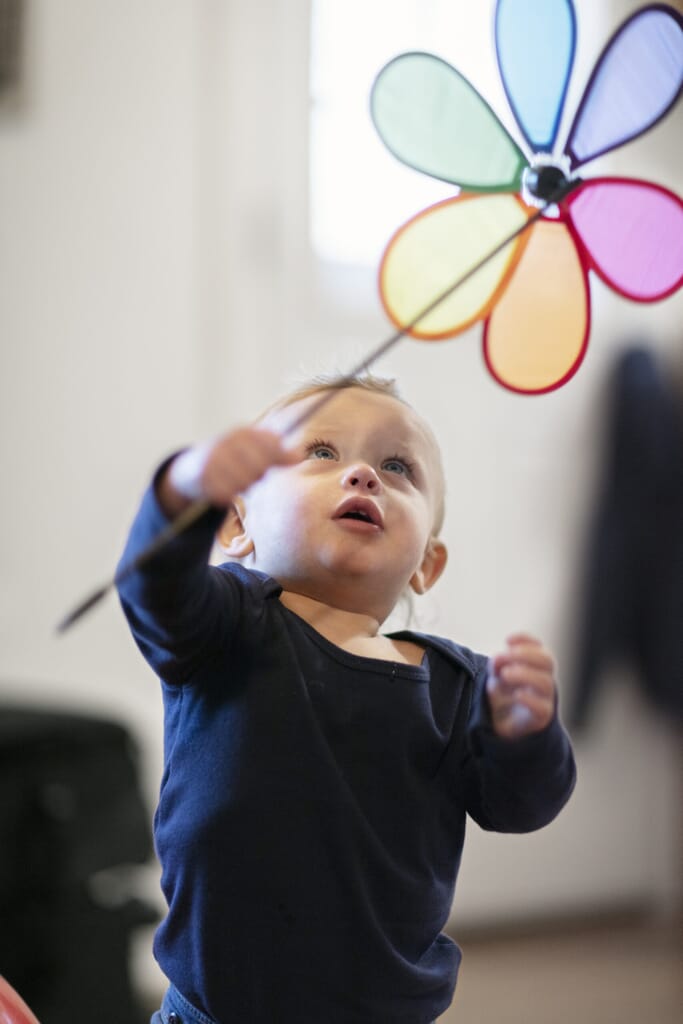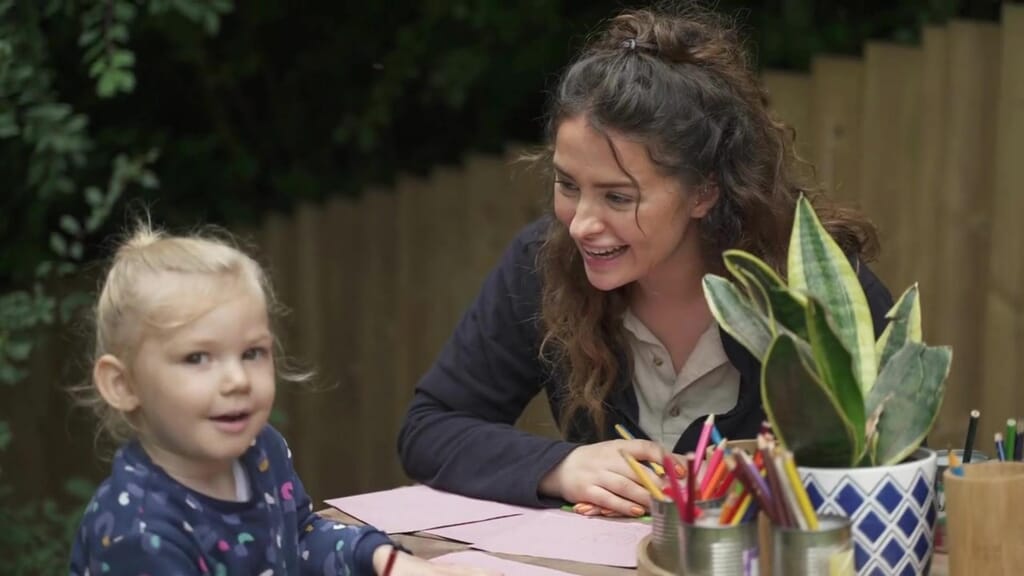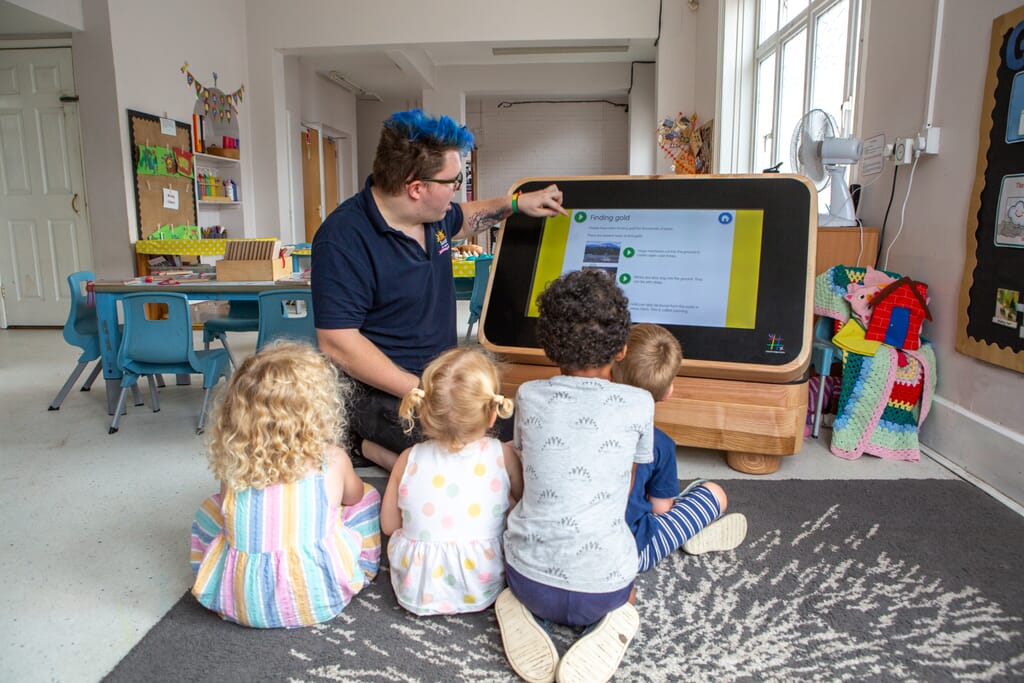Jul 07, 2015
Learning, loving and laughter - why attachment matters

Attachment is a fundamental aspect of human development that shapes our emotional well-being and relationships throughout our lives. In recent years, our understanding of attachment theories has advanced significantly, emphasizing the critical role it plays from birth onwards. Dr. Suzanne Zeedyk, an expert in the field, highlights the simplicity of attachment theory and its profound impact on individuals and society as a whole. In this article, we will explore the key messages of attachment theory and why nurturing attachment is crucial for children’s growth and development.
Babies Are Born Connected
Early Connections and Brain Development
Research demonstrates that babies are innately wired to form connections with their caregivers from the moment of birth. These early connections lay the foundation for brain development, shaping neural pathways that influence future social, emotional, and cognitive functioning. By fostering loving attachments, we provide the nurturing environment necessary for infants to thrive and develop a strong sense of security.
Connection Shapes Brain Development
Positive and Negative Neural Pathways
Attachment experiences contribute to the construction of neural “motorways” in the brain. Positive connections, characterized by warmth, responsiveness, and affection, promote healthy brain development. Conversely, negative connections, such as neglect or inconsistent caregiving, can impede optimal brain development. By prioritizing positive connections, we help children establish a solid framework for learning, self-regulation, and healthy relationships.
The Impact of Disconnection on Society
Importance of Emotional Bonds
Dr. Zeedyk emphasizes the profound consequences when individuals, both children, and adults, lack a sense of connection. Disconnected individuals may struggle with emotional regulation, forming healthy relationships, and overall well-being. By prioritizing attachment, we create a foundation for healthier societies, where individuals can navigate challenges with resilience and empathy.

Providing Support and Calming Systems
Dr. Zeedyk uses the metaphor of an internal teddy bear to illustrate the need for a secure and strong attachment figure in times of difficulty. This image resonates with our innate understanding of the importance of emotional support during challenging moments. As parents, grandparents, or early years professionals, we play a crucial role in nurturing attachment by providing consistent care, love, and emotional responsiveness.
To conclude, understanding the significance of attachment and its impact on individuals and society is crucial in promoting healthy development and well-being. By recognizing that babies are born connected, acknowledging the role of positive connections in shaping brain development, and appreciating the consequences of disconnection, we can prioritize nurturing attachment in our interactions with children. Through our efforts as parents, caregivers, and educators, we contribute to the formation of resilient individuals who can navigate life’s challenges with a sense of security, empathy, and emotional well-being. To learn more about attachment and practical strategies for fostering attachment, we encourage you to explore Dr. Suzanne Zeedyk’s website and her insightful videos on YouTube :
Blog checked by Emma Pittam (Head of Quality & Training)





